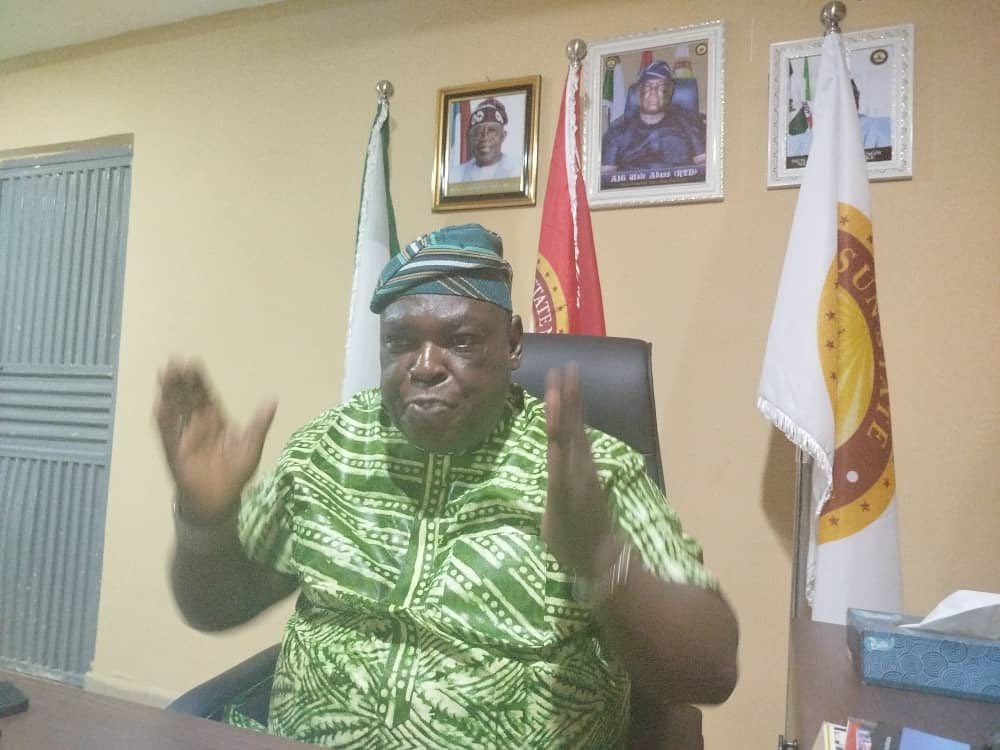Chairman of the Osun Amotekun Corps Board, AIG Wale Abbas (Rtd), has said President Bola Tinubu’s recent visit to Benue State could mark a turning point in efforts to address the state’s persistent insecurity and killings.
President Tinubu visited Benue following the brutal murder of over 200 residents recently—an incident that sparked national outrage and intensified calls for decisive action.
Speaking with journalists at the Amotekun Corps headquarters in Osogbo, Abbas, a former Commissioner of Police in Benue State, described the president’s visit as “a right step in the right direction.”
“The president’s visit offers a platform for stakeholders to analyze the root causes of insecurity in the state and propose sustainable solutions,” he said.
He noted that such high-level intervention was both timely and unprecedented.
“With this move by Mr. President, I believe—if not total eradication—it will significantly help to address the problem. This may be the first time a sitting president is personally visiting Benue to tackle such a crisis,” he added.
Abbas explained that stakeholders including farmers, Fulani groups, traditional rulers, religious leaders, opinion leaders, and security agencies are currently engaged in wide-ranging consultations.
“I understand the Inspector General of Police and the Chief of Defence Staff are also present. If they meet and deliberate, Mr. President can then issue a strong directive—possibly a riot act—while stakeholders dissect the core of the crisis,” he stated.
He identified the destruction of farmland by cattle during grazing as a major source of conflict.
“Imagine someone passing through a farm and destroying crops. How do we mitigate this? If we can’t eliminate it entirely, can we reduce it? One idea is to create designated grazing routes or ranches where herders can operate without affecting others. The state government can take the lead and even introduce a system where users of the ranches pay a small fee,” he suggested.
The retired police chief emphasized that resolving the conflict would require coordinated, courageous actions and honest dialogue among all affected parties.















